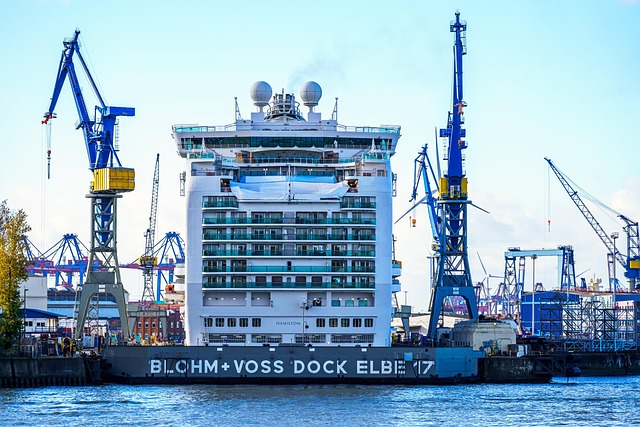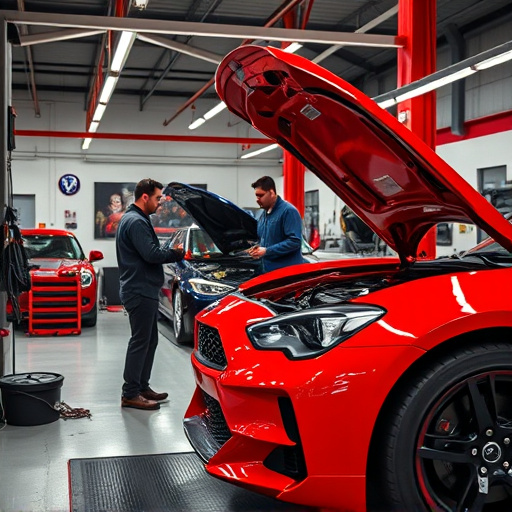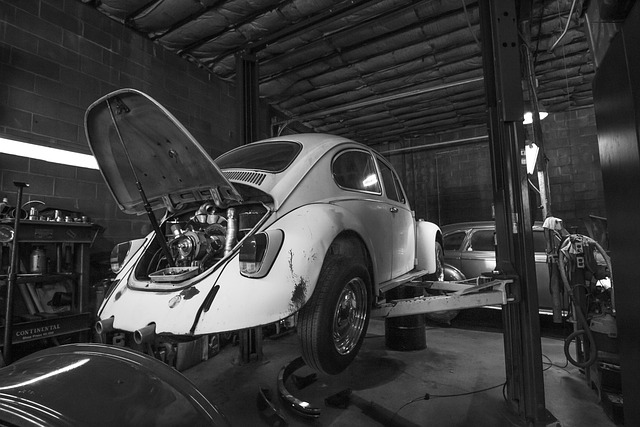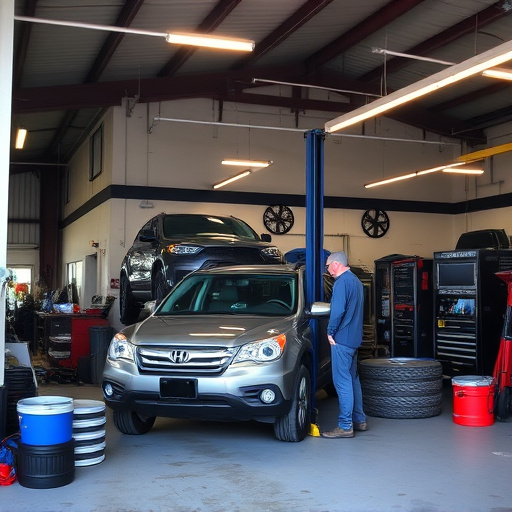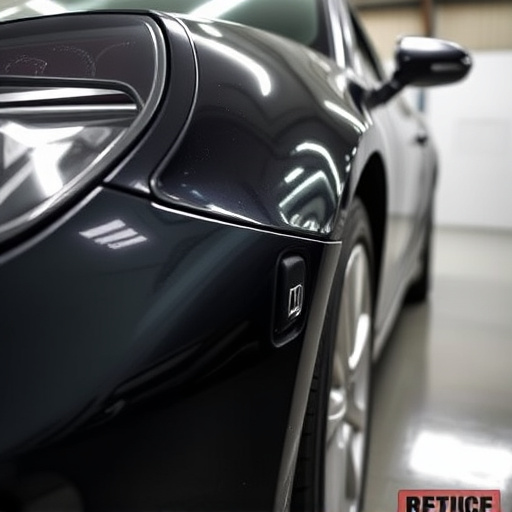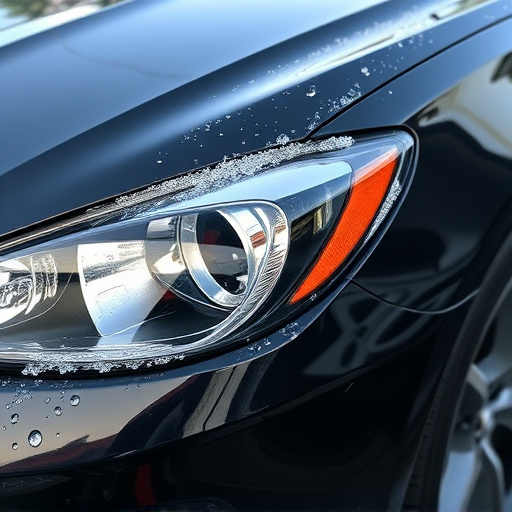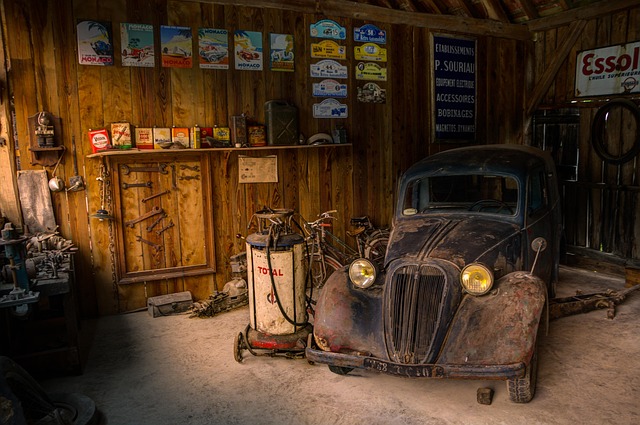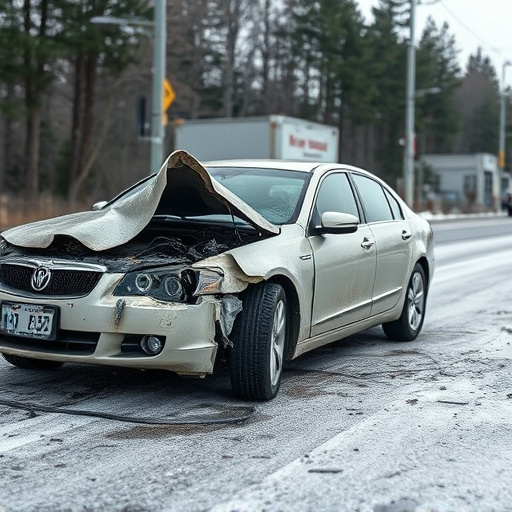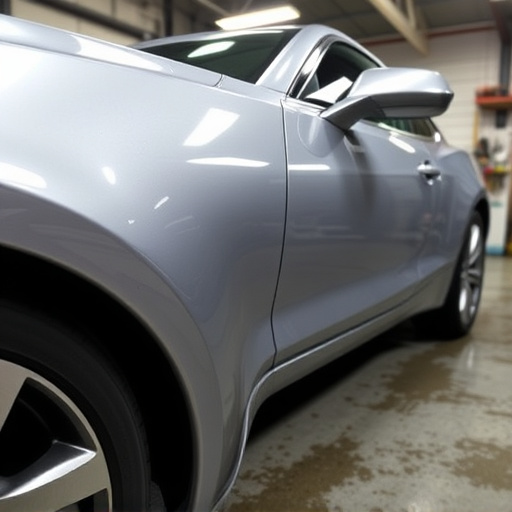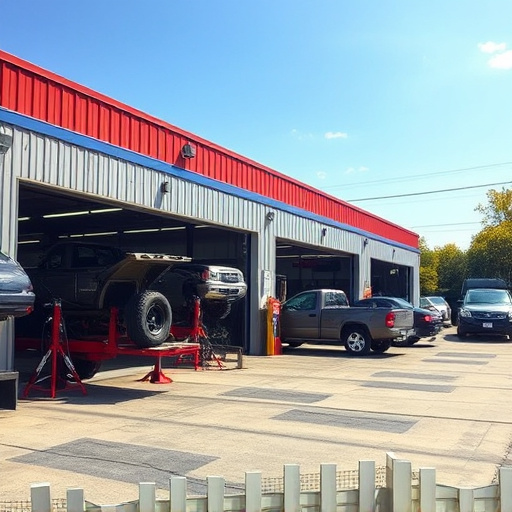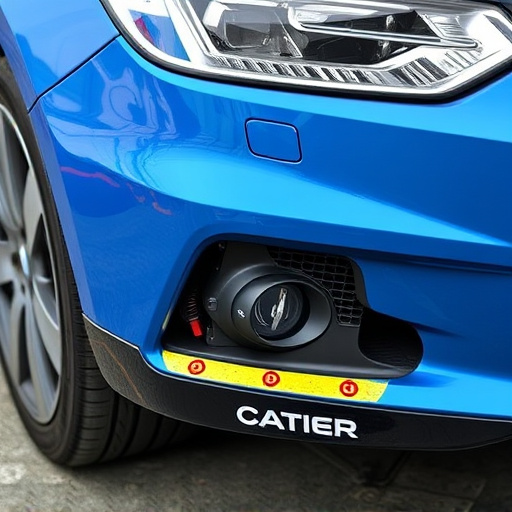Mercedes factory seam sealers protect bodywork from rust and moisture at welded seams, enhancing paint durability and preventing metal degradation in repairs, crucial for auto body services, hail damage, and restoration, ensuring structural integrity and longevity of vehicles.
Mercedes’ advanced manufacturing processes are renowned, and a key component of their quality control is the factory-applied seam sealer. This innovative technology plays a vital role in preventing rust formation within welded seams on their vehicles. By understanding how this seamless sealer works, we uncover an essential aspect of automotive durability. The article explores the science behind Mercedes’ seam sealing, its anti-corrosion properties, and the significant impact it has on vehicle longevity and performance.
- Understanding Mercedes Factory Seam Sealer Technology
- How Seam Sealers Prevent Rust in Welded Seams
- Benefits and Impact on Vehicle Durability & Performance
Understanding Mercedes Factory Seam Sealer Technology
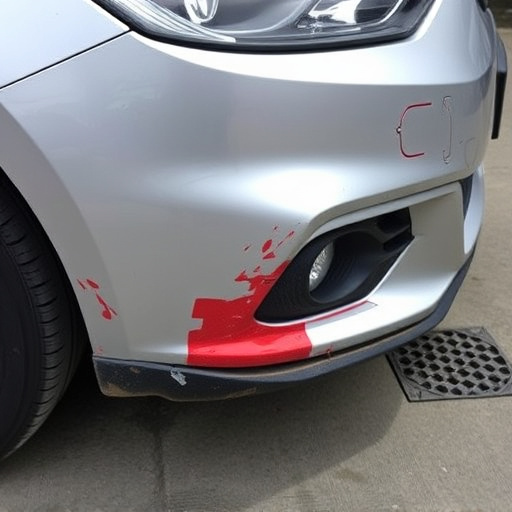
The Mercedes Factory Seam Sealer is a cutting-edge technology designed to safeguard car bodywork, particularly in welded seams. This innovative sealer plays a pivotal role in preventing rust, a common adversary that can compromise the integrity of vehicles over time. By applying a specialized coating, it creates a protective barrier against moisture and corrosive elements, ensuring the long-term durability of the auto painting process.
This advanced technology is particularly notable for its ability to enhance paintless dent repair techniques. In the realm of car bodywork, where precision matters, the sealer allows for more effective sealing without disturbing the overall aesthetics. Its application ensures that repairs are not just structural but also visually seamless, maintaining the car’s vibrant and lustrous finish.
How Seam Sealers Prevent Rust in Welded Seams
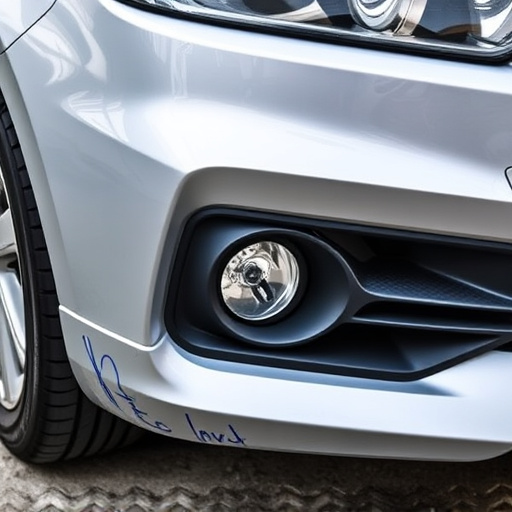
Mercedes factory seam sealers play a pivotal role in preventing rust formation within welded seams. These specialized coatings create an impenetrable barrier, shielding metal joints from moisture and corrosive elements that could lead to deterioration. By sealing off the seams, the sealer minimizes the risk of water penetration, which is a common catalyst for rust buildup.
In the realm of auto body services, hail damage repair, and car body restoration, maintaining the integrity of welded seams is paramount. Seam sealers ensure that even after a thorough car body restoration, these critical connections remain protected against the relentless effects of weather and environmental factors. This proactive measure not only preserves the vehicle’s structural soundness but also extends its lifespan, making it a vital component in any comprehensive auto care routine.
Benefits and Impact on Vehicle Durability & Performance
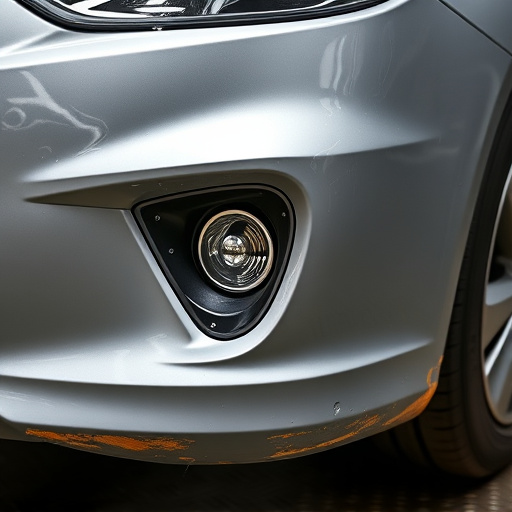
Mercedes factory seam sealers play a pivotal role in enhancing vehicle durability and performance. By creating an impenetrable barrier against moisture and corrosive elements, these sealants safeguard welded seams, preventing rust from forming. This is particularly crucial for vehicle body shops dealing with paint repairs, as it ensures that any repainting or restoration work is not compromised by underlying metal degradation.
The impact extends beyond aesthetics; rust-free seams contribute to overall structural integrity, ensuring the safety and reliability of the vehicle. In a dynamic driving environment, this prevents unexpected failures and costly repairs, thereby enhancing the long-term value and performance of the vehicle. For vehicle body repair professionals, using Mercedes factory seam sealers as part of their process can set them apart by delivering superior quality and longevity to their clients’ vehicles.
The Mercedes factory seam sealer is a testament to automotive innovation, preventing rust and enhancing vehicle durability. By understanding its advanced technology and the crucial role it plays in sealing welded seams, we can appreciate how this seemingly small component contributes to the overall performance and longevity of Mercedes vehicles. Its benefits are clear: a robust barrier against corrosion, ensuring that every weld remains intact for years to come.
